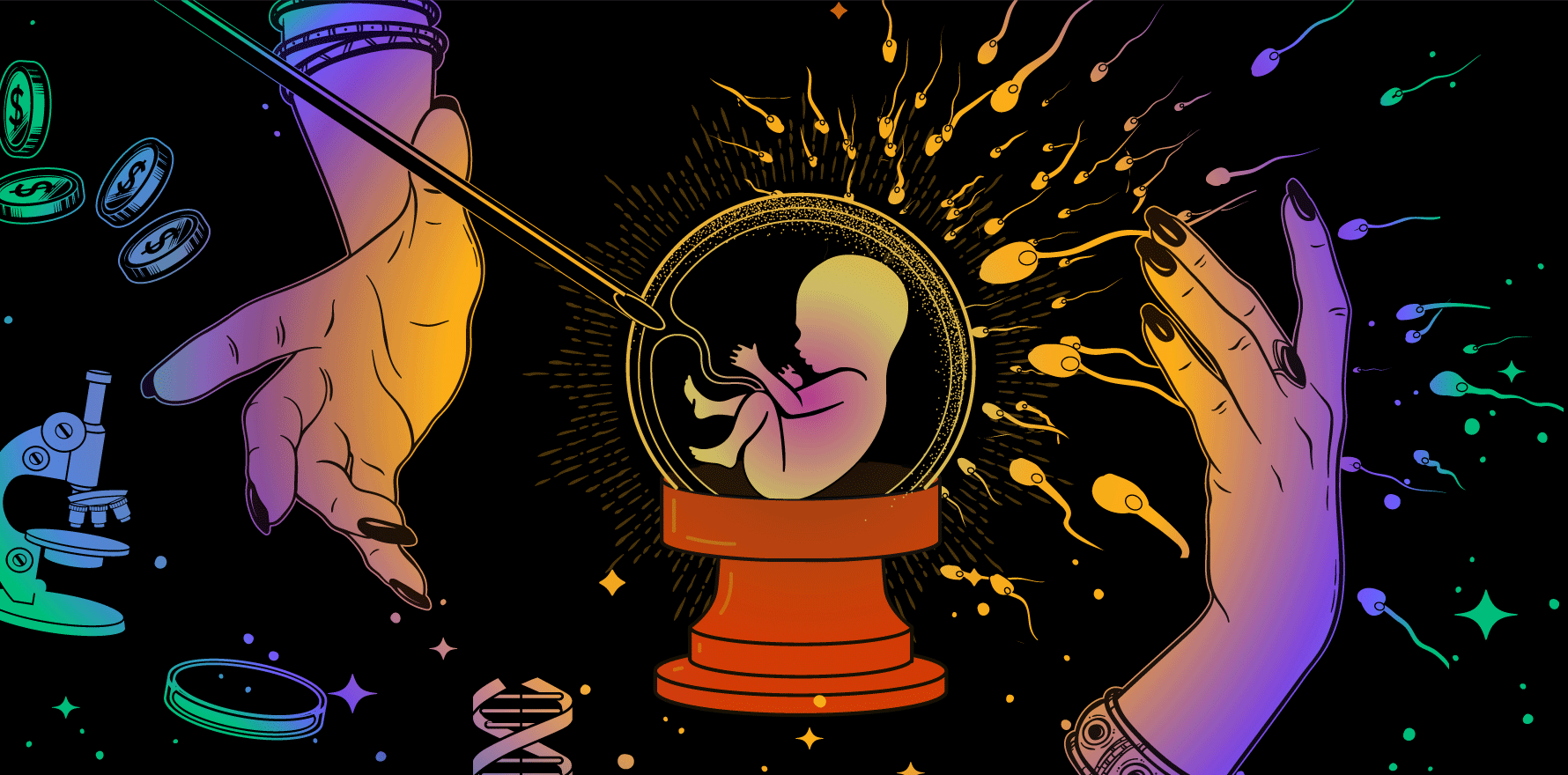One in three women undergoing anti-Müllerian hormone testing are having it for non-evidence-based reasons, Australian research suggests.
Anti-Müllerian hormone testing is growing in popularity, but a third of women use the test for reasons not supported by evidence, research suggests.
A survey of 1700 Australian women aged 18 to 55 found that 13% had heard of the AMH test and 7% already had the test.
Of the women who had the test, half used it as part of infertility investigations and one in 10 to find out if a medical condition had affected their fertility, which were considered medically indicated reasons.
But one in five women used AMH testing to find out their chances of conceiving, almost one in 10 out of curiosity and one in 50 said they were considering delaying pregnancy.
These reasons were not backed by evidence and also risked harm, the authors warned in Human Reproduction.
Lead author and postdoctoral researcher in women’s reproductive health, Dr Tessa Copp, said there was no evidence the AMH test alone was a marker of fertility, or helpful outside assisted reproduction settings.
“Women are getting this test under the belief it can provide information about their fertility, which means that it could induce a false sense of security about delaying pregnancy for those who get a normal or higher result, when age is the most important factor determining fertility,” she said.
“For those who get a low result, it might cause unwarranted anxiety about not being able to conceive, pressure to conceive earlier than desired, or to pay thousands to freeze their eggs when it’s not indicative of their fertility at all.”
However, evidence did support the use of AMH testing during IVF, as it indicated the potential number of eggs that could be retrieved in a stimulated egg collection, said Dr Copp, from the University of Sydney school of public health.
“This can be helpful in setting the expectations about how many eggs a woman might get, or how many cycles she might need to get a good number to freeze,” she said.
Even then, there was a large amount of variation, Dr Copp said. “It still cannot reliably predict chance of a live birth with IVF treatment.”
“There’s unfortunately no single test of fertility. The best way is to try and get pregnant when you’re ready,” said Dr Copp.
A spokesperson for the Royal Australian and New Zealand College of Obstetricians and Gynaecologists agreed that the AMH test should not be considered a single marker for fertility.
The AMH test could cost from $90 to $100 through a GP or fertility clinic and up to $300 as part of a preconception test package, said Dr Copp.
Many Australian and New Zealand fertility clinic websites made claims about the test that were not evidence-based, according to the authors, including that it could predict a woman’s chances of conceiving or whether she was headed for early menopause.
One study found that women with normal AMH levels did not have significantly higher odds of conceiving after 12 cycles. The test also could not reliably determine whether a woman would experience early menopause.
The American College of Obstetricians and Gynecologists strongly discourages AMH testing in women without any indication of infertility and says it should not be used to counsel women about their current or future fertility or to predict the onset of menopause.
“However no equivalent guidance has been produced by the relevant professional colleges in Australia,” the researchers said.
A recent survey of 72 Australian GPs found that 40% did not identify that AMH was not a measure of natural fertility or egg quality.
“This raises concerns that GPs might need more information about how to counsel women about the limitations and expectations about what the test can tell them,” Dr Copp said.
The researchers said it was vital that doctors had access to high-quality information and resources to support them in counselling women regarding the risks and benefits of AMH testing.


